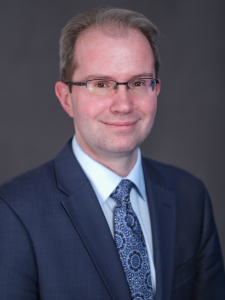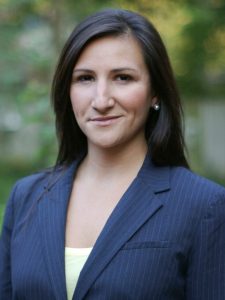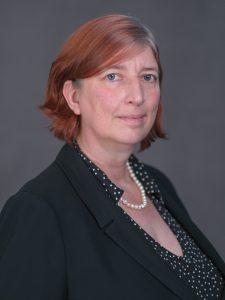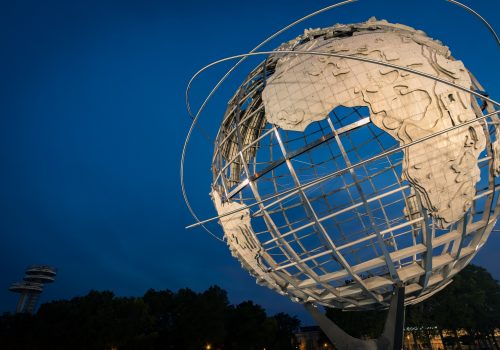Event recap | Tech-enabled dis- and misinformation, social platforms, and geopolitics
Find the full GeoTech Hour Series here.
Event description
In this special episode of the GeoTech Hour, cohosted with the Digital Forensics Research Lab on Wednesday, February 3, from 12:00 – 1:00 p.m. EST, panelists examined the influence of new technologies on dis- and misinformation via social media platforms. They covered the various challenges caused by the era of the “free internet” and social media’s ability to provide a mass audience with unchecked, unregulated content.
Panelists first explored increased internet access worldwide and the caveats on its expansion, which has helped propagate dis- and misinformation. The lack of regulation of online communities and content creation has created massive echo chambers, shifting the way society operates. Experts touched on the role of the free internet, specifically through the growth of targeted advertisements in the social media business model. Panelists identified the model’s financial incentives and their role in the expanding reach and harm of misinformation. They concluded that social media users must be informed of how much of their data is actually collected and what it is used for. Further, panelists agreed that social media in the West is treated much like the news media and should consequently be held up to the same regulations journalistic outlets are held to in order to ensure truthful information.
Panelists also discussed the future of privacy and its newfound placement as a luxury product. Companies like Apple and ProtonMail have begun selling privacy and security as a feature to set themselves apart in an era of mass data collection. Experts spoke on the relationships among privacy, democracy, and disinformation and on how increased security could drastically reduce content targeting. Panelists discussed constructive efforts to combat disinformation by educating users, taking down botnets, and emphasizing transparency. In addition, acknowledging the presence of information deserts and working to eliminate them could prevent disinformation from filling the gap. Sophisticated techniques, such as utilizing advertisements in disinformation spaces to provide a diversified range of views, could also prove effective in altering radicalized echo chambers. Panelists mentioned the US government’s reputation for creating laws and regulating only after an incident has occurred. To get ahead of growing challenges, experts recommended the introduction of a US information agency through public-private partnership and the creation of more applicable constraints and regulations. With technology rapidly improving and accelerating, achieving digital literacy is imperative for society. Overall, counter misinformation efforts are going in the right direction – they must simply improve faster and continue to provide effective outcomes.
Sana Moazzam is a recent graduate from American University’s School of International Service, where she majored in International Studies with a concentration in Global Economy and minored in Finance. Sana has previously interned for Congress, the US Department of the Treasury, and other organizations. Sana’s research interests include international trade, data privacy, and ethics in artificial intelligence.
Hosted by
David Bray, PhD
Director, GeoTech Center
Atlantic Council
In conversation with
Pablo Breuer
Nonresident Senior Fellow, GeoTech Center
Atlantic Council
Rose Jackson
Director, Policy Initiative, Digital Forensic Research Lab
Atlantic Council
Bevon Moore
CEO
Elevate U
Sara-Jayne Terp
Nonresident Senior Fellow, GeoTech Center
Atlantic Council
Related experts
Previous episode

The GeoTech Center champions positive paths forward that societies can pursue to ensure new technologies and data empower people, prosperity, and peace.




